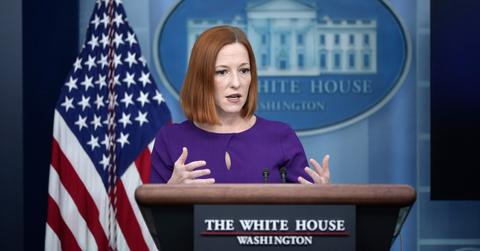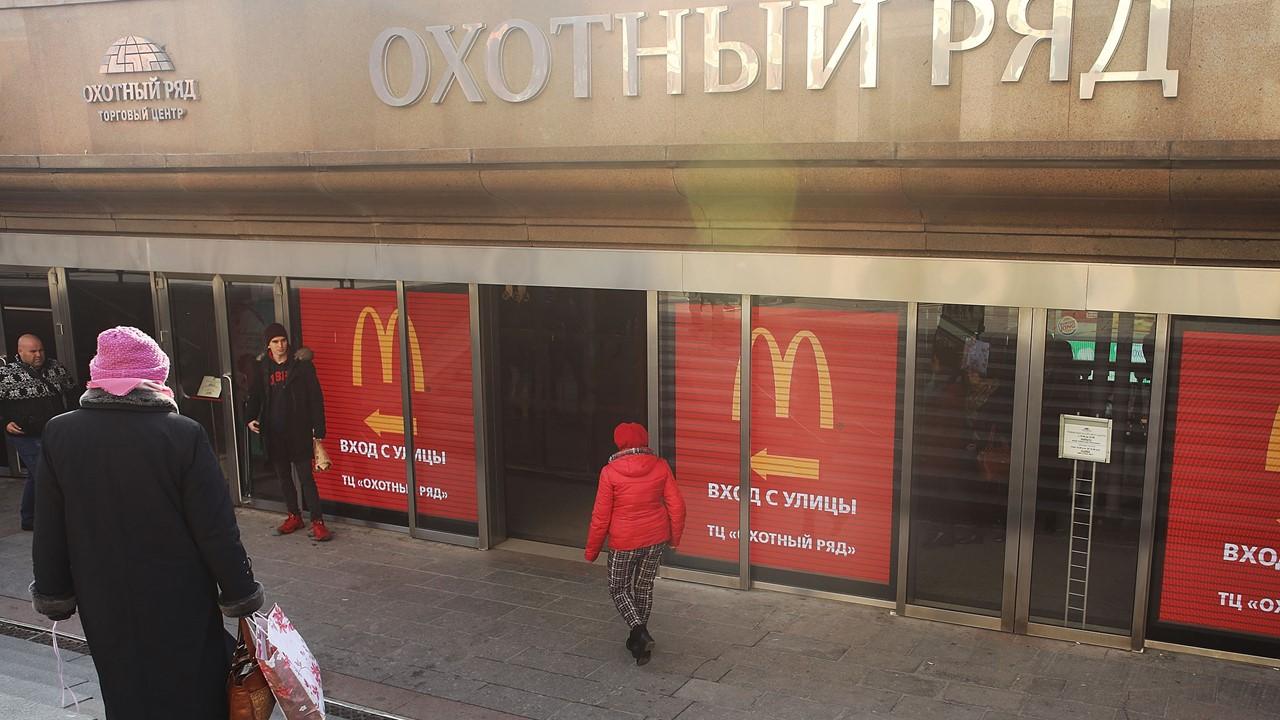Which U.S. Companies Are Losing Money Due to Russia Sanctions?
U.S. consumers, as well as businesses, have been hit by the sanctions on Russia. Which U.S. companies are losing money due to the sanctions on Russia?
March 18 2022, Published 12:31 p.m. ET

Several Western countries, including the U.S., have imposed sanctions on Russia. The country now has the dubious distinction of being the world’s most sanctioned country, even ahead of Iran and North Korea.
More often than not, sanctions turn out to be a double-edged sword. U.S. consumers, as well as businesses, are also hit by the sanctions on Russia. Which U.S. companies are losing money due to the sanctions on Russia?
How will U.S. companies lose money due to Russia sanctions?
The financial loss for U.S. companies from the Russian sanctions is multi-faced. There's a direct financial loss since many U.S. companies have either exited Russia altogether or suspended or scaled down their operations. McDonald's and Mondelez are at the top of the list. While McDonald's has suspended its operations in Russia, Mondelez has scaled back on non-essential activities.

U.S. banks could lose billions in Russia.
Russian President Vladimir Putin has warned that the country would seize the assets of foreign companies leaving Russia. U.S. banks are owed $14.7 billion by Russian entities, according to the Bank of International Settlement. Given the sanctions, U.S. banks might find it tough to recover all the money.
Citigroup deserves a special mention since the bank has an almost $10 billion exposure to Russia. Citigroup already announced plans to exit its consumer banking operations in the country amid a broader business restructuring.
After the Ukraine war, Citi said that it's “accessing” its operations in the country and expanding the scope of its pullout. Citi estimates that in the “severe” situation, it could lose around half of the money. Goldman Sachs had a $650 million exposure to Russia at the end of 2021.
BlackRock funds have lost over $17 billion since the Ukraine invasion. Russian stocks and bond prices have crashed after the invasion and the resultant sanctions. This has led to massive losses for both U.S. companies as well as individuals that invested in them.
Energy companies have also lost money.
Some of the U.S. energy companies continue to do business in Russia. However, ExxonMobil has exited its Russia operations. The assets are valued at around $4 billion and the company might need to take a write-down on these assets. We might get details on the assets in the earnings call for the first quarter of 2022.
Also, given the steep decline in the Russian ruble, U.S. companies with exposure to the Russian currency would have to take a hit.
U.S. companies will be impacted by indirect losses?
There are also indirect losses to U.S. companies as a result of the sanctions. Some of the commodities, including nickel, palladium, and aluminum have spiked, which would lead to higher production costs for U.S. companies. For example, Morgan Stanley estimates that the rise in nickel prices would increase the production cost of an electric car by $1,000.
EV startup Rivian has had to increase the vehicle prices amid rising input costs. So has Tesla, which is the largest EV company globally. Tesla delivered over 936,000 cars in 2021.
Crude oil prices have risen amid the Ukraine war, which is leading to higher costs for both U.S. companies and individuals. Rising inflation is also leading to recession fears, especially since the Fed has embarked on its rate hike cycles.
